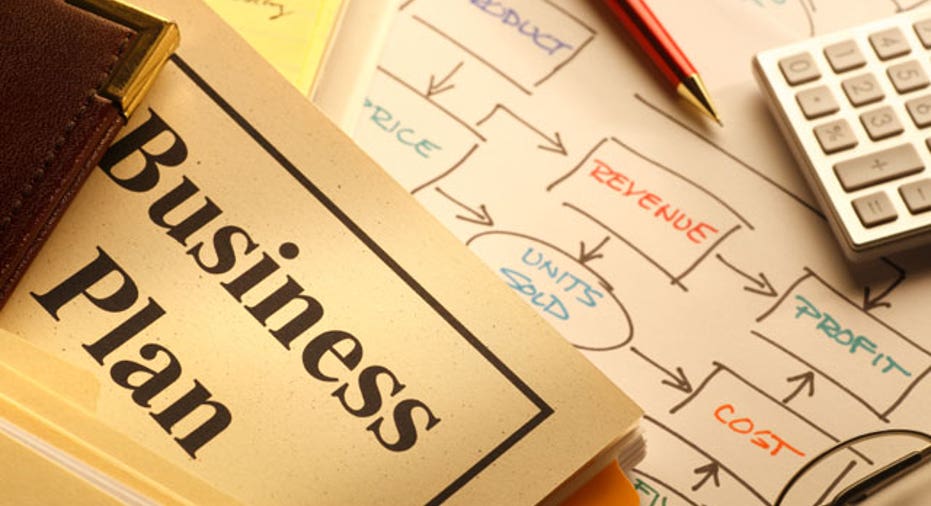Declutter Financial Files, and Organize Your Life

Closets and kitchens were once the bread-and-butter business for professional organizer Natalie Schrier. But lately, she finds most of her clients battling paper clutter, with their personal finance records often getting lost in the heap.
"The influx of paperwork they're receiving in the mail -- bank statements, 401(k) statements, IRA statements -- comes in, it doesn't get opened right away, and it piles up," says Schrier, president and founder of Cut the Clutter, in New York City.
Sound familiar? The solution is setting up a good filing system and knowing how long to keep the financial records you put in it. Here's how you can organize clutter.
Reduce the Pile
One way to cut back on paper clutter is to prevent some of it from entering your home in the first place. You can opt to receive your bank statements, credit card bills and utility bills exclusively online and eliminate the paper altogether. If you go this route, make sure you're diligent about checking your accounts and noting when payments are due.
Digitizing your financial records is a great space saver. You can find portable receipt and document scanners starting at around $100, or spend several hundred for a desktop high-speed scanner.
If you don't want to do it yourself, some financial advisers and accountants will scan clients' documents for free, or you can get it done at a copy center for a small cost. You can also use a service such as Shoeboxed, which lets you mail in your receipts or email copies via your cellphone camera for processing.
Sort it Out
If digital ways to organize clutter do not suit you, the filing system for your paper financial records doesn't need to be fancy.
"I recommend that people buy one of those accordion folders and label it with the categories of the expenses you're incurring -- like auto, household, mortgage, repairs, utilities," says Sandy Abalos, CPA, managing partner of Abalos & Associates PLLC in Phoenix.
Abalos likes the idea of having a separate folder for your annual tax records that includes things such as paycheck stubs and receipts for items you plan to claim as deductions. For medical bills, she uses a two-folder system in her household. Her "pending medical" file holds the bills until the insurance company's explanation of benefits arrives, so she can determine what portion she owes. Once she makes a payment, the statement goes into a file called "paid medical."
Save the Essentials, Shred the Rest
Bill statements you don't need for tax purposes can be shredded as soon as you have a paper or digital copy of the canceled checks. You can shred nontax-related credit card receipts once you've matched them with your monthly statement. You may find it simpler to do all of your bill shredding once a year.
Keep receipts for such major purchases as furniture, appliances, cars and computers permanently so you can provide proof of their value if needed for an insurance claim.
For tax returns and documents supporting the deductions taken, the standard recommendation is to keep them for seven years. That allows for the six-year window the IRS has to audit your return if it suspects you underreported your income by 25% or more, plus an extra year to account for varying state tax laws.
You should also keep records pertaining to such assets as securities and your house or condo for the long term. When you sell the asset, you'll need that information to show whether you have a capital gain or loss. Saving receipts for remodeling work is especially important because you can claim a partial exemption on the capital gain in a home sale.
"It's your basis plus documentable improvements, and that's where people will run into problems," says Jim Saulnier, a Certified Financial Planner in Fort Collins, Colo. "They'll say, 'Ten years ago, I redid the kitchen for $30,000.'" If you're audited, the IRS will expect you to show some proof.
Maintain Order
Schrier advocates setting aside time once a week for the maintenance of your financial filing system. "Block out half an hour on your (electronic) calendar, and have a reminder pop up," she says.
Why is it so important to organize clutter, particularly your financial files? Financial clutter doesn't just look messy -- it also affects your bottom line. And paying more taxes is just one example of the potential cost.
"The time that people spend looking for their items? There's a financial equation to that, also," Schrier says.



















